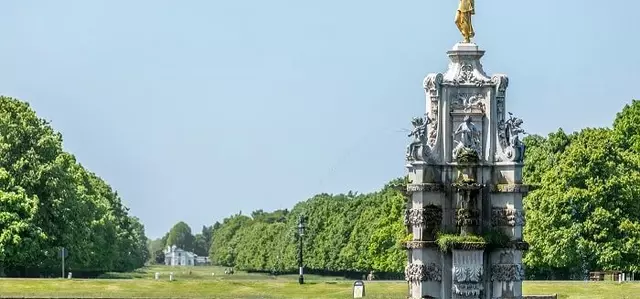
Welcome to Bushy Park
Over 1,000 acres of historic parkland lies waiting for you to explore!
Key information
What will you discover? Bushy Park is a haven for wildlife – from historic herds of resident deer and scores of protected anthills to ancient woodlands and winding waterways where skylarks nest, ducks dive and beetles scurry.
There’s much history to discover, too. The park can trace its origins back to the Tudor period, when it was a favourite deer park of King Henry VIII who lived next door at Hampton Court Palace. Later on, the celebrated architect Sir Christopher Wren designed the spectacular Diana Fountain which is the park’s most famous landmark.
During the Second World War, history was made in Bushy Park when the D-Day landings were planned from a military base set up here, led by General Dwight D. Eisenhower. Look out for the plaque that marks the former site of his office. One of our friendly volunteer Rangers can point you in the right direction – and answer any other questions you might have about the park.
Come and see for yourself – whether you’re exploring the tranquil water and woodland gardens, wandering along avenues of ancient trees or watching the deer while you sip a coffee, you’ll find something to love at Bushy Park.